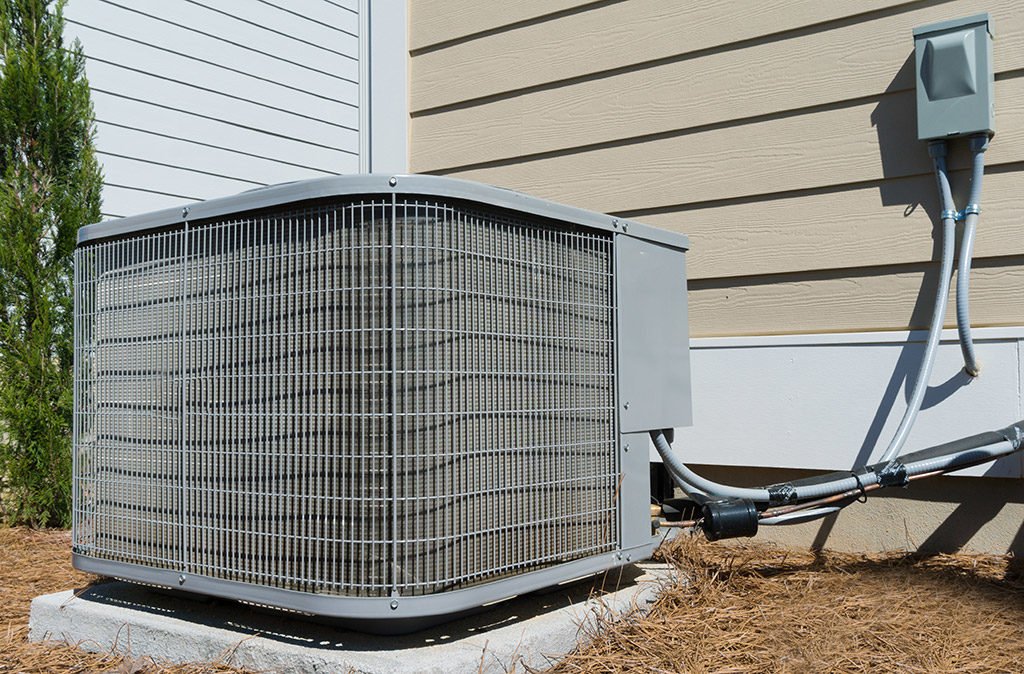Experiencing a sudden failure of your HVAC system can be both frustrating and inconvenient. Whether it’s the peak of summer or the dead of winter, a malfunctioning heating or cooling system can disrupt your comfort. In this situation, it’s important to remain calm and approach the problem methodically. Knowing how to respond effectively can save you time, money, and unnecessary stress. When faced with such a scenario, your first step is to understand the problem clearly and assess the situation.
Start by checking the thermostat settings. Ensure that it is set to the desired temperature and that it is in the correct mode for heating or cooling. Sometimes, simple adjustments can resolve the issue. If the thermostat appears to be functioning correctly, you may want to examine the circuit breaker. An overloaded circuit can cause the HVAC system to shut down. Resetting the breaker may restore power to your unit. However, if the breaker trips again shortly after resetting, it indicates a more serious electrical issue that requires professional attention.
Troubleshooting Common Issues
If your HVAC system continues to be unresponsive, the next step involves troubleshooting common issues that may cause failure. Begin by checking the air filters. Dirty or clogged filters can significantly hinder airflow, leading to inadequate heating or cooling. If you haven’t changed your filter in a while, doing so could potentially resolve the issue. Furthermore, inspect the outdoor unit for debris, such as leaves, dirt, or ice buildup, which can impede its operation.
Next, ensure that the condensate drain is not blocked. A clogged drain line can cause the system to shut down as a safety precaution. Additionally, listen for any unusual noises emanating from the HVAC unit. Strange sounds can indicate various issues, such as a malfunctioning motor or a failing compressor. If you hear anything out of the ordinary, it is best to avoid using the system until a professional can diagnose the problem.
If troubleshooting does not yield any results, it may be time to consider contacting emergency HVAC Denver services in Denver. Prompt professional assistance is essential when your system is not working, especially during extreme temperatures. Choosing a qualified technician can help you quickly identify the root cause of the problem and implement an effective solution.
When to Call for Professional Help
Certain situations require immediate attention from an HVAC professional. If you notice any signs of potential hazards, such as strange odors or leaks around the system, do not hesitate to seek help. Gas leaks, in particular, can pose serious health risks and should be addressed immediately. Additionally, if the system continues to cycle on and off frequently, this could indicate a more significant issue that requires expert evaluation.
Another scenario that warrants a call to emergency HVAC services is when your home fails to reach the desired temperature. If your HVAC system is running continuously without providing adequate heating or cooling, it is a clear sign that something is wrong. Ignoring these issues can lead to more extensive damage, resulting in costly repairs or replacements down the line.
Before contacting an HVAC technician, gather information about your system. Knowing the brand, model, and age of your unit can be helpful during the diagnosis process. Also, be prepared to describe the symptoms you’re experiencing. This information can assist the technician in identifying the problem more efficiently.
Choosing the Right Emergency HVAC Service
When searching for emergency HVAC services in Denver, consider several factors to ensure you choose a reliable provider. Start by researching local companies that specialize in emergency repairs. Look for those with positive customer reviews and a good reputation in the community. Additionally, verify that the service provider is licensed and insured. This protects you as a homeowner and ensures that the technicians are qualified to handle HVAC issues.
Ask about their response times and availability. A reputable emergency service should be available 24/7 to assist you in urgent situations. It’s also essential to inquire about their warranty policies on parts and labor. A good warranty can provide peace of mind that you won’t incur additional expenses for repairs shortly after service.
After selecting a company, be sure to maintain open communication with the technician during their assessment. They will provide valuable insights into the problem and outline the necessary repairs. This transparency is vital for building trust and ensuring that your HVAC system receives the care it needs.
Steps to Take When Your HVAC System Malfunctions
When your HVAC system stops working, it’s essential to act swiftly to prevent further complications and ensure your comfort. Start by troubleshooting the problem systematically, focusing on key components like the thermostat, air filters, and power supply. It’s important to stay calm and follow a step-by-step approach to isolate the issue. Taking the right actions can help you avoid costly repairs and maintain a comfortable environment in your home.
- Check the thermostat settings: Ensure it’s set correctly for heating or cooling and that it’s functioning properly. Adjustments can sometimes resolve the problem quickly.
- Inspect the power supply: Look for tripped circuit breakers or blown fuses that might interrupt power to the system. Resetting the breaker may restore functionality.
- Look for signs of airflow blockage: This includes checking for dirty filters or obstructions in the ductwork. Addressing airflow issues can significantly improve performance.
Common HVAC Issues and Their Solutions
Understanding common HVAC problems can help you identify the root cause of the malfunction. Often, these issues can be linked to simple, manageable tasks. By being aware of what to look for, you can streamline the process of getting your HVAC system back up and running. Knowing how to troubleshoot effectively is a key part of home maintenance that every homeowner should master.
- Regularly change air filters: Clogged filters restrict airflow, leading to inefficient operation and potential system failure. Establish a routine to keep your filters clean.
- Listen for unusual noises: Sounds such as grinding or hissing can indicate mechanical problems. Investigating these sounds early can prevent larger issues down the line.
- Monitor temperature fluctuations: If your HVAC system struggles to maintain the desired temperature, it may indicate an underlying issue. Keeping track of these changes can help identify the problem sooner.
When to Seek Professional Help for HVAC Problems
While some HVAC issues can be resolved through troubleshooting, others require professional intervention. Recognizing when to call in an expert can save you time and money in the long run. It’s important to understand the limits of DIY fixes and to know when it’s best to turn to trained professionals for assistance. Making the right decision can ensure that your HVAC system receives the care it needs.
- Identify safety hazards: If you detect gas odors or see leaks, contact a professional immediately. These situations pose immediate risks to your health and safety.
- Evaluate repair costs: If repairs exceed a certain threshold, a professional can help assess whether replacement is a more viable option. They can provide insights that help you make informed decisions.
- Ensure long-term performance: A professional evaluation can identify issues that may not be immediately apparent, helping to maintain the efficiency and lifespan of your HVAC system.
Conclusion:
Having a malfunctioning HVAC system can disrupt your comfort and pose health risks. However, knowing how to respond when your HVAC system stops working can make all the difference. Start by checking the thermostat and circuit breaker, followed by troubleshooting common issues like dirty filters and blocked drains. If you encounter any alarming signs or if basic troubleshooting doesn’t resolve the issue, it’s crucial to call for emergency HVAC services in Denver.
Understanding how to handle HVAC emergencies not only helps restore comfort but also contributes to the longevity of your system. Regular maintenance and prompt repairs are essential to preventing future failures. With the right knowledge and resources, you can navigate HVAC challenges confidently and keep your home comfortable year-round.




